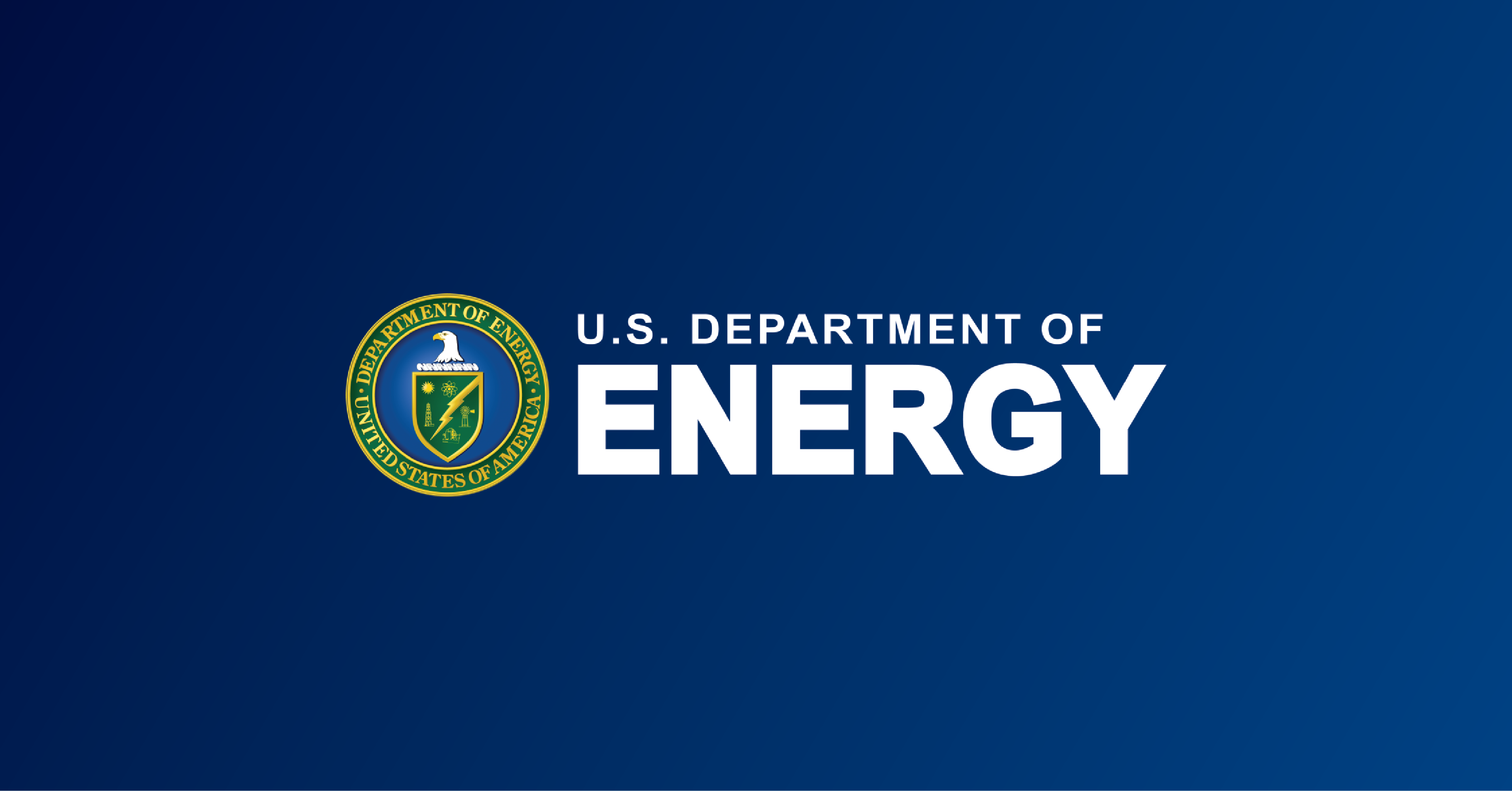
We, the Participants,
Emphasizing the need for enhanced multilateral cooperation to address climate change, accelerate the global energy transition and safeguard international energy security, while boosting sustainable economic growth and green industrialization;
Acknowledging that renewable and low-carbon hydrogen and hydrogen derivatives will play an essential role in meeting global energy needs and decarbonizing our industries as part of a people-centred energy transition to net zero that leaves no-one behind;
Intending to unlock decarbonization opportunities and cost-efficiency gains with global trade in renewable and low-carbon hydrogen and hydrogen derivatives;
Further highlighting their complementary strengths and interests with respect to renewable and low-carbon hydrogen and hydrogen derivatives’ production, imports and exports, and international hydrogen market development;
Considering the role of certification in enabling transparency as well as in building consumer trust;
Considering that the G7 Presidency of Japan and the G7 Climate, Energy and Environment Ministers’ Communiqué of 16 April 2023 affirmed the importance of developing international standards and certification for renewable and low-carbon hydrogen and hydrogen derivatives, and emphasized the need for pursuing mutual recognition based on a mechanism for evidencing carbon intensity, observing the principles of tradability, transparency, trustworthiness and sustainability;
Considering that the G20 Presidency of India put forward the G20 New Delhi Leaders’ Declaration of 9-10 September 2023 which emphasized the need for “mutually recognized and inter-operable certification schemes” for renewable and low-carbon hydrogen and hydrogen derivatives “to build a sustainable and equitable global hydrogen ecosystem that benefits all nations” and G20 high-level voluntary principles on hydrogen”;
Noting the launch at the 28th UN Climate Change Conference (COP28) of the Draft Technical Specification for the methodology for determining the greenhouse gas (GHG) emissions associated with the production and transport of hydrogen (ISO/DTS 19870) by the International Organisation for Standardisation’s Technical Committee on hydrogen technologies Sub-Committee 1 (ISO/TC197 SC1), and its relevance for the understanding and comparison of diverse methodologies adopted at the national level;
Acknowledging that the COP28 Presidential action agenda identifies certification of renewable and low-carbon hydrogen and hydrogen derivatives as a key priority for multilateral cooperation to unlock cross-border trade;
Noting the Hydrogen Breakthrough Agenda and the H1 priority focus area on hydrogen standards and certification coordinated by the International Partnership for Hydrogen and Fuel Cells in the Economy (IPHE) and the Hydrogen Technology Collaboration Programme (Hydrogen TCP), and that mutual recognition of certification schemes was highlighted as a key action item in Hydrogen Certification 101 paper published under this initiative;
Recognizing that countries around the world, including some of the Participants, are implementing their national or regional certification schemes for renewable and/or low-carbon hydrogen and hydrogen derivatives to support their respective hydrogen strategies and roadmaps, as well as the relevant enabling frameworks;
Considering that convergence towards a minimum set of fundamental design principles for certification schemes can address the risks of potential market fragmentation delaying the development of a global market for renewable and low-carbon hydrogen and hydrogen derivatives;
Considering the role of certification in increasing investor confidence in hydrogen as a new asset class;
Affirming the importance of a mutual recognition of certification schemes based on key principles that recognizes diverse policy choices with regards to strategies, roadmaps, policies and legislation for renewable and low-carbon hydrogen and hydrogen derivatives adopted by the Participants;
In recognition of the considerations listed above, declare their intention as follows:
- In order to pave the way for development of a global market renewable and low-carbon hydrogen and hydrogen derivatives, the Participants seek to work towards mutual recognition of their respective certification schemes;
- The Participants seek accelerated development of technical solutions to enable mutual recognition of their certification schemes, including through cooperation of the Participants with and under the framework of the International Partnership for Hydrogen and Fuel Cells in the Economy (IPHE) and the Hydrogen Technology Cooperation Programme (Hydrogen TCP);
- The Participants seek to, where possible, nominate government experts to IPHE and Hydrogen TCP to facilitate the development of relevant solutions for mutual recognition of their certification schemes for renewable and low-carbon hydrogen and hydrogen derivatives;
- The Participants may consider further steps to support the process of mutual recognition of certification schemes, including by taking into account the adoption of or consistency with globally recognised standards, such as the ISO methodology for determining the GHG emissions associated with the production and transport of hydrogen;
- The Participants intend to monitor progress on cooperation towards mutual recognition of certification schemes on an annual basis.
Participants
Antigua and Barbuda, Armenia, Australia, Belgium, Brunei, Brazil, Canada, Chile, Egypt, Hungary, India, Italy, Japan, Republic of Korea, Malaysia, Mauritania, Moldova, Morocco, Namibia, Netherlands, Nigeria, Norway, Oman, Papua New Guinea, Paraguay, Portugal, Saudi Arabia, Sierra Leone, Singapore, South Africa, United Arab Emirates, United Kingdom, Ukraine, United States of America1, Yemen







